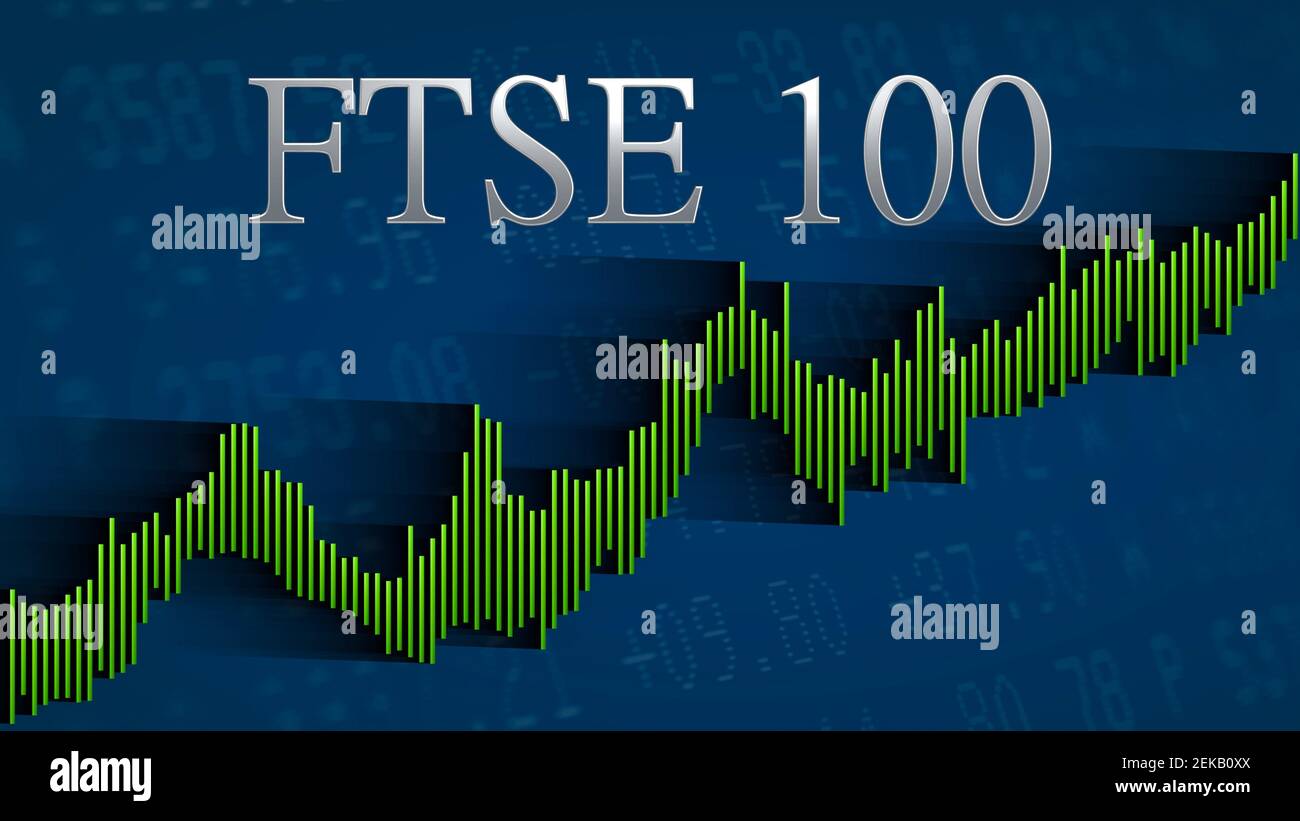
Akintunde Oyedokun
Research Analyst
Oil prices fell on Thursday as rising supply and slowing U.S. demand pressured the market.
Brent crude dropped 1.7% to $66.36 per barrel, while WTI slid 1.8% to $62.51. The IEA expects faster growth in global output this year as OPEC+ raises production, adding to concerns of oversupply.
OPEC kept its demand outlook steady and will lift production from October. Saudi crude exports to China are also set to rise, further boosting supply.
Japan’s Wholesale Inflation Rises Again in August
Japan’s wholesale prices rose 2.7% in August, up from 2.5% in July, mainly due to higher food costs. Food and beverage prices jumped 5%, while utility bills dropped thanks to government subsidies.
Import prices also fell at a slower pace, showing easing cost pressure from abroad. The data could influence the Bank of Japan’s rate decision at its September meeting as it monitors inflation trends closely.
US Jobless Claims Spike, Labor Market Shows More Strain
Unemployment claims in the US jumped 27,000 to 263,000 last week, the highest in months and well above forecasts. The rise adds to signs of a slowing labor market after data showed payrolls were likely overstated by nearly a million jobs over the past year.
August job growth was near zero, June saw job losses for the first time in four years, and confidence in finding work has dropped to its lowest since 2013. The Fed is expected to deliver a 0.25% rate cut next week as weakness in hiring persists.
South Africa’s Current Account Deficit Widens to 1.1% Of GDP In Q2
South Africa’s current account deficit expanded to 1.1% of GDP in Q2 2025, up from a revised 0.6% in Q1, according to central bank data. The deficit climbed to 82.8 billion rand ($4.72 billion) as the trade surplus narrowed to 177.1 billion rand, driven by a sharper drop in exports than imports.
The weaker trade performance highlights pressure on the country’s external balance. Analysts warn prolonged deficits could weigh on the rand and investor confidence.
Tinubu Scraps 5% Telecom Duty, Offers Relief To Subscribers
The Federal Government has ended the 5% tax on telecom services to reduce costs for over 171 million users.
NCC chief Aminu Maida said President Bola Tinubu ordered the removal during Finance Act discussions. The levy, introduced in 2022, had pushed up call, data, and SMS prices after operators passed the cost to consumers.
The decision is expected to slightly ease expenses for households already hit by the 50% tariff hike earlier this year.













